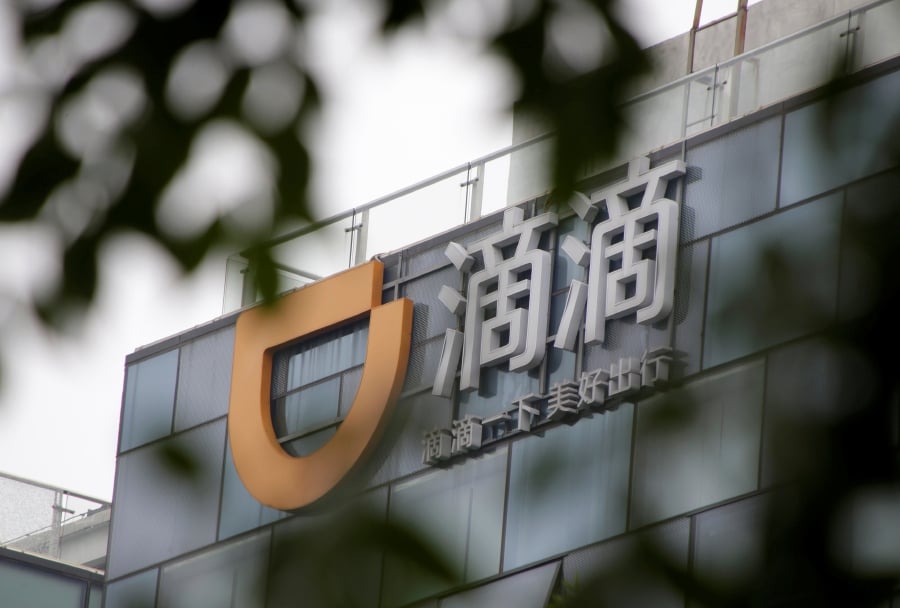

#DIDI CHINABASED KEEP LINKDOC DRIVERS#
Beijing also targeted other U.S.-listed firms for cybersecurity reviews: Full Truck Alliance, whose apps connect freight customers and truck drivers and Kanzhun, which runs a job-hunting platform called Boss Zhipin.ĭaniel Ives, a technology analyst at Wedbush Securities, said Beijing’s stronger hand has been “jaw-dropping.” Regulators there stopped the company from signing up new users, then ordered it off app stores in a span of two days. Chace said his firm had switched to buying listings in Hong Kong earlier this year to “save ourselves the headache of all these questions.”īut avoiding such headaches will mean investing under regulatory systems controlled by Beijing, not Washington.Ĭhina has been forceful in its oversight of many companies including Didi, which faced privacy and cybersecurity investigations almost immediately after it went public. government and China seem to be aligned in that they don’t want them,” said Dan Chace, a portfolio manager at Wasatch Global Investors, a Salt Lake City investment firm. Last week, the Securities and Exchange Commission adopted rules that would require those listed in the United States to further open their books to American accounting firms or get kicked off U.S. regulators say they lack transparency for investors. They provide Chinese corporations with a way to evade the intent of Chinese securities laws, while U.S. Neither American nor Chinese regulators like A.D.R.s.

Investors buy a piece of those shell companies through what are known as American depositary receipts, or A.D.R.s.

TikTok: The Biden administration wants the Chinese company that owns TikTok to sell the app or face a possible ban over concerns that it poses a risk to national security.The two nations are jockeying for influence on the global stage, maneuvering for advantages on land, in the economy and in cyberspace. Dalio sought to clarify his support for human rights after he initially likened China’s approach to that of a “strict parent.”Ĭhinese companies and American investors have long seen the other’s allure: Investors envisioned fortunes to be made from China’s rapid economic growth, and companies coveted the deep pockets and cachet of overseas investors.īetter Understand the Relations Between China and the U.S. Dimon said he regretted a quip that JPMorgan would outlive China’s Communist Party, and Mr. The fine line that Wall Street power players will have to walk has been clear over the past month: Jamie Dimon, the chief executive of JPMorgan Chase, the country’s largest bank, and Ray Dalio, the billionaire founder of Bridgewater Associates, the world’s largest hedge fund, both walked back comments about China. American investors, he said, will just be subject to Chinese financial regulation - and many companies are undeterred by Beijing’s trade and financial policies. “I don’t think the access to China has changed at all,” said Ben Emons, managing director of global macro strategy at Medley Global Advisors.


 0 kommentar(er)
0 kommentar(er)
